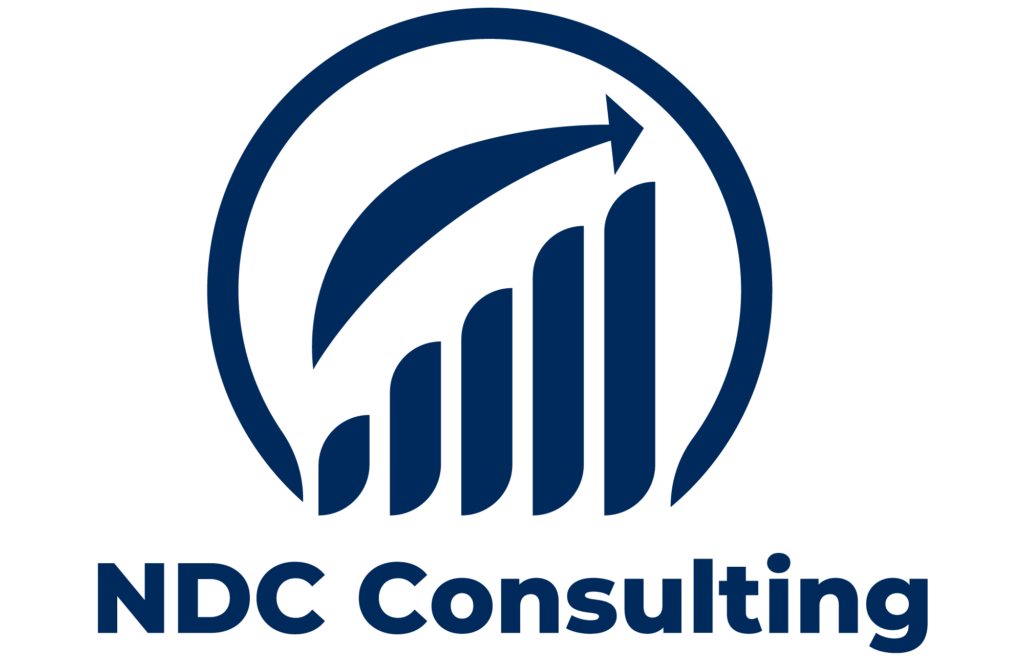
The Health Insurance Portability and Accountability Act or HIPAA is one significant piece of legislation designed to safeguard patient rights and medical records. The reputation of the non-compliant party may be damaged in addition to facing severe fines and penalties under HIPAA.
To ensure that patients receive high-quality care the healthcare industry needs a strong HIPAA-compliant communication channel. Communication platforms need to implement encryption role-based access controls and other security measures in order to comply with HIPAA regulations.
What is HIPAA-compliant communication?
HIPAA as previously stated is a federal statute that establishes guidelines for protecting patient data including medical records. Using voice video text and other channels to securely exchange patient health information is known as HIPAA-compliant communication. Each covered entity (healthcare provider) and vendor is required to abide by a number of standards.
- Contractual arrangement known as a Business Associate Agreement (BAA) to ensure suppliers safeguard Protected Health Information (PHI).
- Have an incident response strategy in place in case there is a possible data leak.
- Service level agreements (SLAs) are contracts that outline the requirements for data management and security for covered entities and vendors.
Consequences of HIPAA violations
HIPAA infractions can result in expensive consequences, which could include:
- Reputational damage
HIPAA infractions result in negative publicity, which could harm the healthcare provider’s reputation and public image. Losses in revenue could result from patients losing trust in the organization. - Penalties Monitory
HIPAA violations carry major penalties that change according to the type and degree of the infraction. The typical range of fines and penalties for each violation is $137 to $68,928. - Criminal penalties and lawsuits
Patients who experience financial difficulties due to data breaches can file lawsuits and claim damages. Penalties for serious violations can be as severe as ten years in imprisonment.
1. Platforms for secure messaging:
Platforms for communicating with patients continue to be the most popular means of contact. Approximately 3.5 billion individuals, or 44% of the world’s population, will be using messaging applications by 2024, according to Statista.
Several vendors of medical chat services provide APIs so that companies are able to integrate chat apps into their current IT infrastructure. However you must choose a messaging platform that complies with HIPAA regulations to ensure there is no possibility of security breaches. Do check for the following features:
- Data encryption from beginning to end to guard against unwanted access while it’s being transmitted.
- Verifying the user’s identity using multiple factors of authentication before granting access
- Role-based access controls guarantee that the patient data is only accessed by authorized persons.
- Perform recurring compliance audits: Prepare audit reports and keep an eye on the actions of the users as recorded in the logs.
In addition, search for strong communication capabilities like as file sharing, threaded conversations, real-time notifications, and more. High levels of customization, scalability, and support for on-premise deployment are frequently provided by open-source platforms. Thus, before selecting a messaging platform, be sure it can be hosted and customized.
2. Services for encrypted email
Traditional email services need to be the following in order to be in compliance with HIPAA:
- Encrypted: Emails containing patient information need to be secured both during transmission and storage.
- Strictly regulated access measures to guarantee that emails are received by the appropriate staff.
- Regular training for staff members increases awareness of phishing attempts.
- Obtain the patients’ written consent.
3. HIPAA-compliant virtual meetings
Expert consultation from a distance is made possible by telemedicine, a quickly developing field. While cutting down on travel and hospital wait times, it encourages prompt consultation and prompt care.
According to a MedCity News survey,
Telehealth has made it easier for patients to receive healthcare, according to 80% of medical experts.
End-to-end encryption and role-based user controls are essential features to look for in a HIPAA-compliant video conferencing platform. Furthermore, it’s necessary to have the following:
- Business Associate Agreement (BAA): In addition to agreeing on the duties related to patient health data security, you must sign a BAA with the third-party vendor.
- The organizer can close the meeting room when everyone has arrived due to the meeting lock capabilities.
- Only intended participants can be admitted by healthcare experts through virtual waiting rooms.
- Automatic shut-off feature that activates after an unintended period of time.
4. Safe systems for exchanging files
Healthcare professionals often communicate records, test results, patient data, and medications online. The service provider must make sure that patient information is secure during transmission and that the files are end-to-end encrypted in order to comply with HIPAA regulations.
5. Portals for patients
Self-service portals are provided by healthcare providers to allow patients to seek medication refills, manage appointments, access personal information, and make online payments.
- Safely login: To avoid unwanted access, portals need to have robust password regulations and authentication procedures.
- Document management: Medical records, reports, and payment records must be safely uploaded and downloaded by patients.
6. Voice calls that comply with HIPAA
According to a CNBC news report, voice calls are used to schedule 88% of medical appointments. Therefore, having a secure voice channel is essential for healthcare professionals.
Voice conversations require AES (Advanced Encryption Standards) encryption, similar to video conferences and text messaging do. Only approved devices are permitted to make them.
7. Fax
To avoid unwanted access, fax machines in hospitals must be kept locked and protected. Only the authorized staff members should be able to send and receive faxes, depending on their role in the system.
8. Secure text messaging:
Studies indicate that 98% of SMS messages are opened, hence traditional SMS is still the standard for communicating health information. The text messaging isn’t HIPAA compliant, though. You have to sign up for messaging services that are HIPAA compliant and have the following features:
- Automatic logoff following a certain period of no activity
- ID and password must be distinct for authorized users.
- Encrypting messages while they are in transit is necessary.
9. Safe mobile apps for communicating with healthcare providers
Approximately 70% of people on the planet use mobile phones, according to Statista. Using text, video, and audio modes in mobile applications for customer and workplace communication promotes real-time collaboration.
Purchasing specialized mobile apps enables the provision of individualized patient care. Keep in mind that they need to have strong permission management tools, authentication and access restrictions, and EHR integration capabilities.
The HIPAA journal reports a 239% rise in data breaches linked to hacking. Penalties for HIPAA violations include fines, harm to one’s reputation, and criminal charges. Thus, companies need to protect themselves against hacking and associated problems. They can show that they are committed to protecting sensitive data and patient privacy by adhering to HIPAA.

